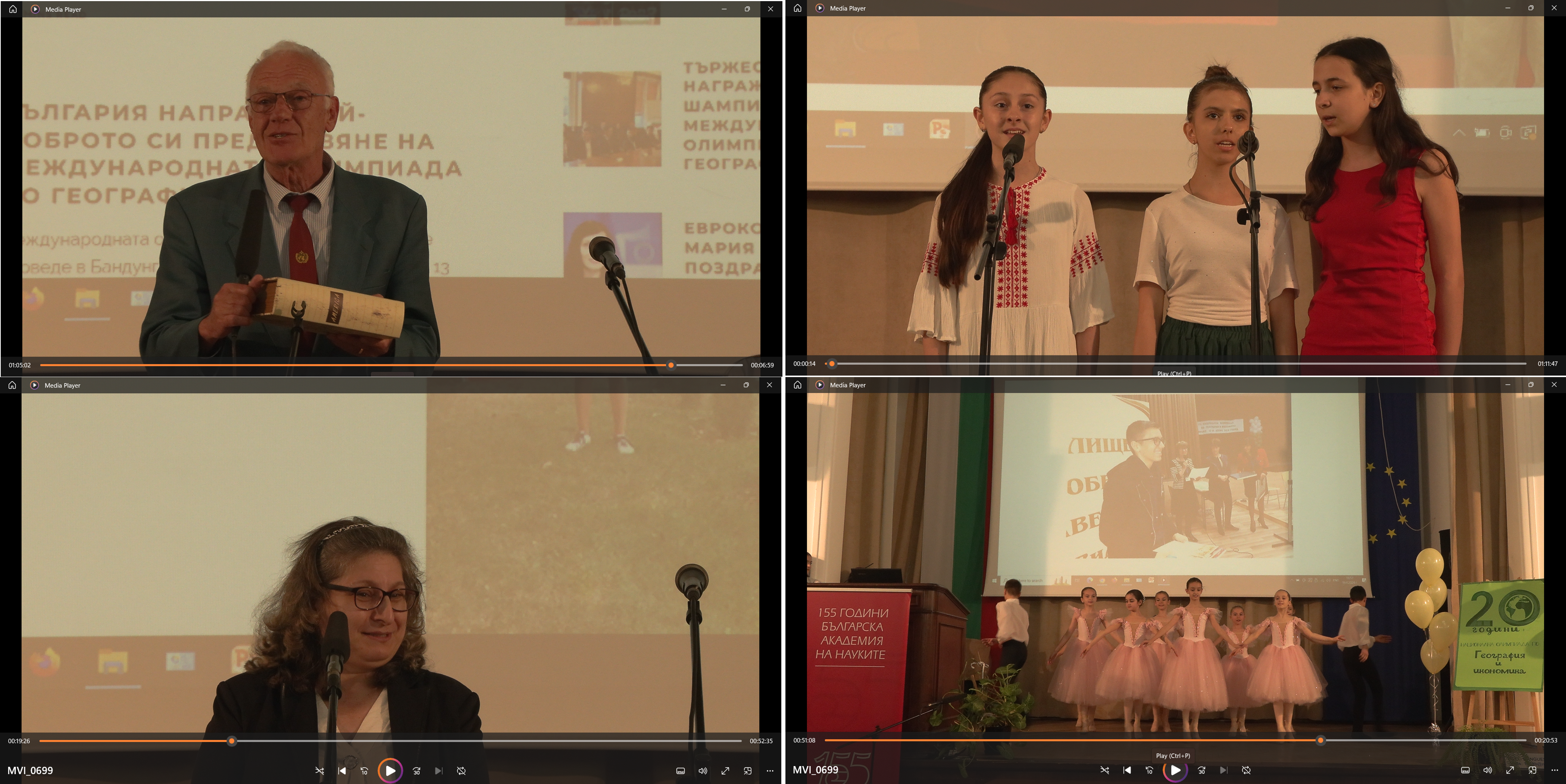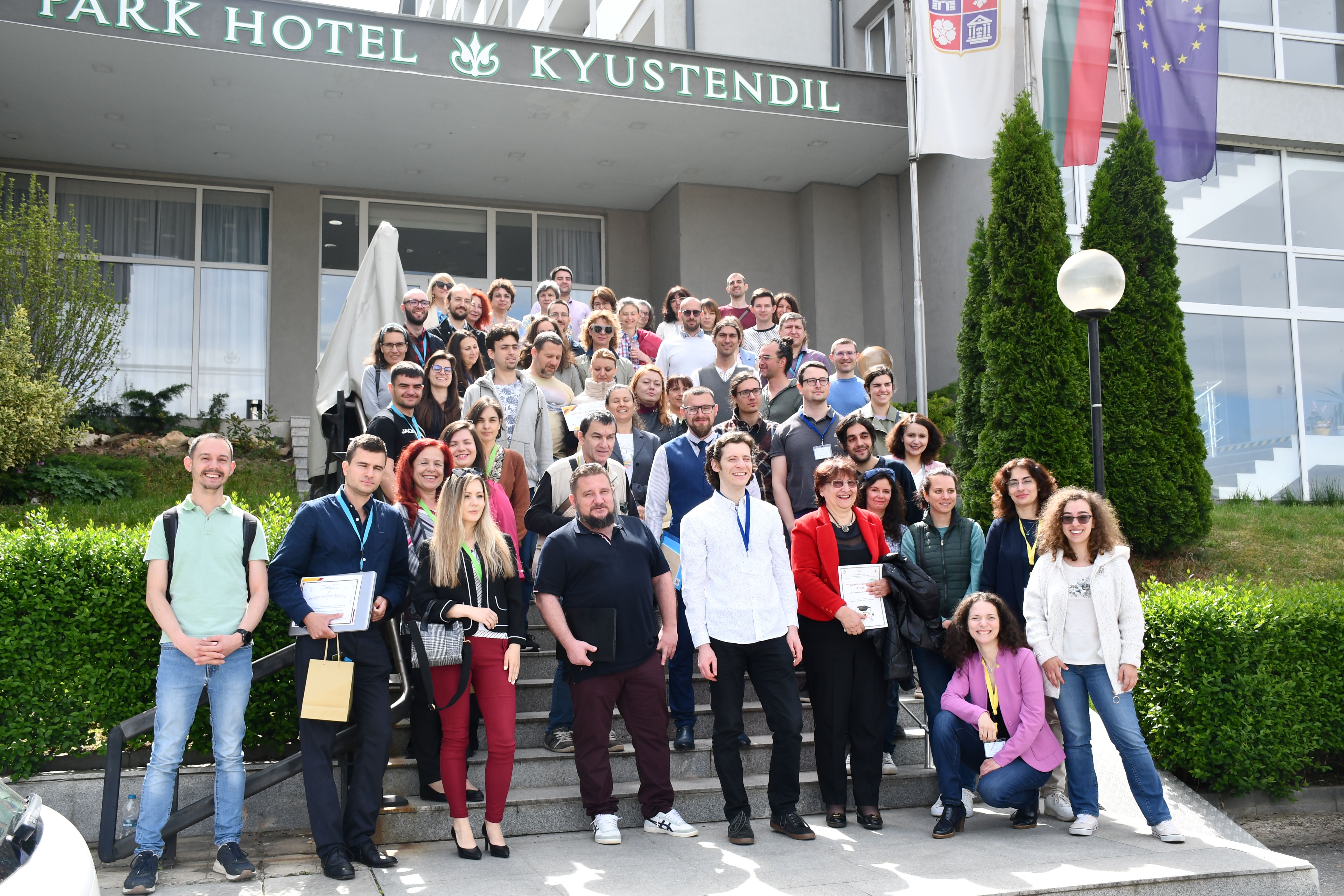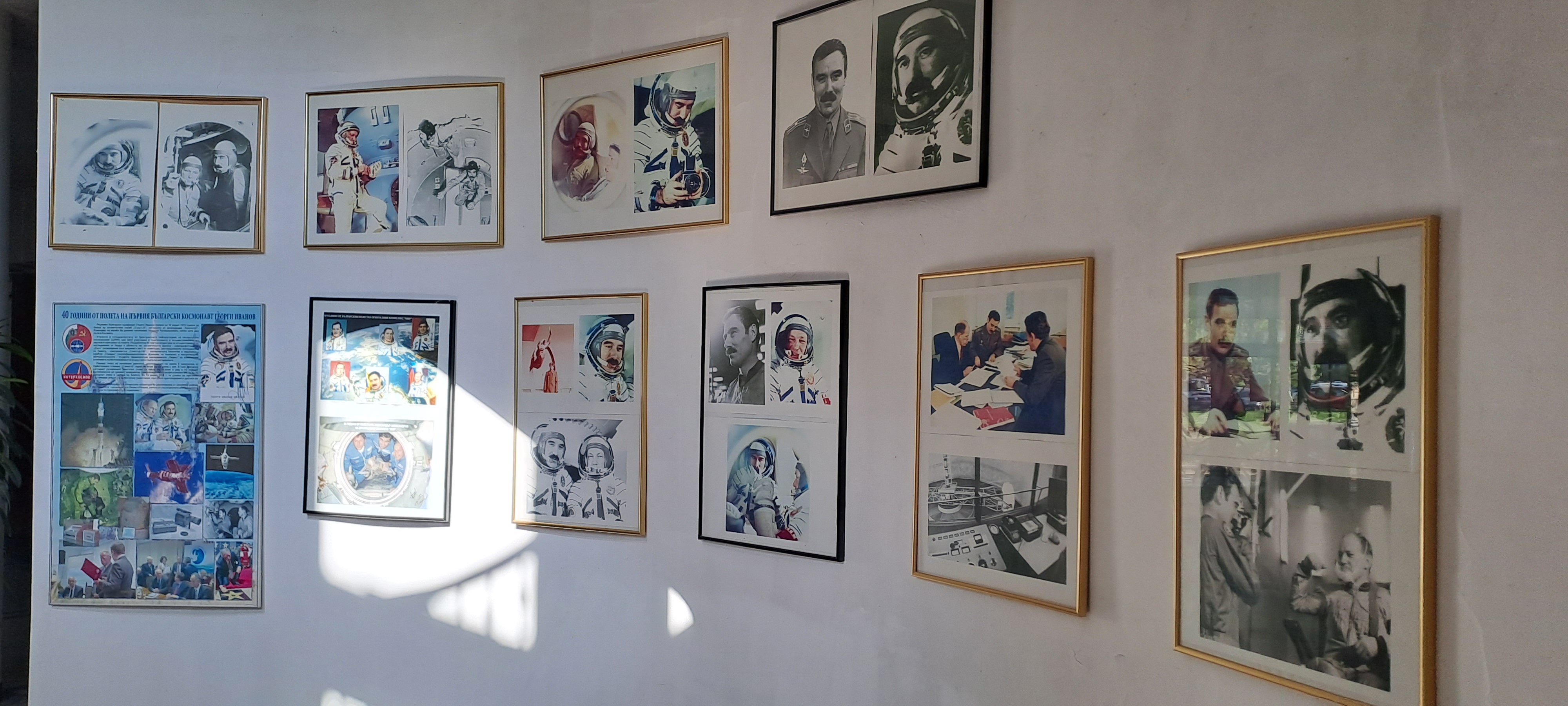A meeting of the Forum for Combating Pseudoscience on “Fake Science and the Fight against it” was held on 28 March in the “Prof. Marin Drinov” conference hall. In separate reports, Acad. Ivan Zagorchev and Acad. Christo Tsvetanov presented the contemporary view on scientific ethics and evaluation of scientific production as well as the enormous harm caused by the appearance of fringe journals, fake publications and other manifestations of pseudoscience. Prof. Evgeni Semkov revealed the fallacious nature of a number of fake sciences parasitizing around modern astronomy.
The lecturers analysed the problem of fraud in science which was growing and was currently a worldwide problem.
“Fake science” (pseudoscience) is the opposite of “science”; it is a set of ideas and claims that are not scientifically derived and substantiated. Fake science claims scientific credibility but does not use scientific methods.
Pseudoscience is characterized by a system of related notions and beliefs. In pseudoscience, the falsification and fabrication of data becomes a logical system that crystallizes into a “convincing” hypothesis. In this way, pseudoscience resembles real science and sometimes manages to deceive the scientific community, including the demanding reviewers and editorial boards of high-impact international journals. Pseudoscience is often generated by scientists with another profession – a physicist makes a “discovery” in biology, a biologist “discovers” “activated water”. Fabricated new words and concepts are used, e.g. “Biocosmic energy”, “Water memory”.
Pseudoscience can be unusually dangerous as it permeates the political system, the education system, health care, religious thinking (bigotry, intolerance, war), and the means of communication.
Biomedical sciences and subjects are particularly susceptible to fraudulent practices as they affect people’s health and lives. Therefore, pseudoscientific theories and practices in this field can often have fatal consequences. Biological and biomedical pseudosciences and practices include ‘homeopathy’, ‘water memory’, ‘urine therapy’, ‘Lysenko biology’ and ‘quantum medicine’.
The dividing zone between science and fake science is not always a thin line, but rather a transient “gray” area of uncertainty, or parascience. Parascience is a field of research concerned with phenomena that are thought to be outside the realm of scientific inquiry, or for which no scientific explanations exist. It also includes “alternative science” that is not acceptable to the scientific community. Occasionally, some para-scientific practices based on millennia of experience or on rejected hypotheses that were ahead of their time can become science when proven by scientific methods – e.g. herbalism.
Special attention at the forum was given to unethical research conduct and other unacceptable practices in conducting or reviewing research or in reporting its results:
– Fabrication – making up results and recording them as credible;
– Misrepresentation – tampering with research materials, equipment or processes or substituting, omitting or suppressing data or results without justification;
– Appropriation (plagiarism) – using other people’s work and ideas without giving credit to them, violating the rights of the original authors.
A new phenomenon has emerged with so-called “predatory journals.” These are characterised by the promise of rapid publication, avoiding peer review but with payment of a fee. Invitations are sent by e-mail to join an editorial board or to be reviewed, and advertisements are accepted. ISSN number is usually missing and these journals are not included in established databases such as Medline, Scopus, Web of Science.
The recently popular “Open access” journals are only a way of access, not a business model, and in these cases rigorous scientific vetting of publications should not be avoided. The idea of “Open access” accelerates the creation of “fringe journals” to publish fake results in “their” journal which also brings in income.
There has also been a boom in fake conferences, where peer review of the submitted papers and posters is avoided, so work can be presented in “predatory” journals. These conferences masquerade as international, with a very broad programme, no accurate contact information for the organizers, and the fee is unusually high.
The papers also addressed the issue of scientometrics which provides quantitative indicators of scientific activity and can be used to quantitatively compare journals, articles and scientists, but not to assess the quality of articles, the value of a journal to science and society, or the personal contribution of a scientist to collective publications. Only reliable, proven and generally accepted databases should be used when presenting scientific metrics. In the last 10 years, there has been serious criticism of the use of digital data alone for the career development of scientists, for the approval of projects, etc. In this spirit is the decision of the European Federation of Academies of Sciences and Humanities (ALLEA) of 2022 which gives priority to peer review in assessing the scientific quality of candidates for a scientific position, and that the use of the impact factor of journals should be excluded and a mandatory analysis of citations should be made.
The problem of fraud in science (fake science) is a worldwide problem and therefore scientists, PhD students and undergraduates need to be informed about it!
Forum participants came up with a proposal to introduce a compulsory course on science ethics for PhD students. An appeal was made for public exposure of frauds that have occurred in the scientific field and for fake scientific results published.






